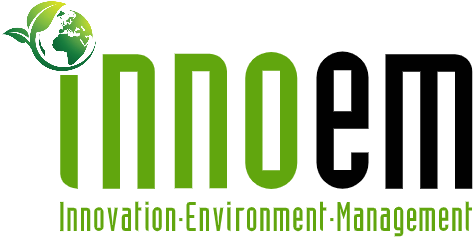
EFRAG and GRI are pleased to confirm that they have achieved a high level of interoperability between their respective standards in relation to impact reporting.
EFRAG and GRI publish today a joint statement on the high level of interoperability achieved between the European Sustainability Reporting Standards (ESRS) and the GRI Standards.
Following the requirement of the CSRD to adopt a double materiality approach and to take account of existing standards, ESRS and GRI definitions, concepts and disclosures regarding impacts are fully or, when full alignment was not possible due to the content of the CSRD mandate, closely aligned.
Existing GRI reporters will be well prepared to report under the ESRS. Entities reporting under ESRS are considered as reporting with reference to the GRI Standards and will therefore avoid the burden of multiple reporting.
Hans Buysse, EFRAG Administrative Board President said:
“This joint statement concludes several years of diligent work towards a high level of interoperability between the ESRS and GRI standards. The efforts made by the GRI and EFRAG Sustainability Reporting teams will prevent the need for double reporting by companies resulting in a user-friendly reporting system without undue complexity. Our collaboration with GRI is bearing fruit and we are already preparing ourselves for the next challenges in the field of sustainability reporting.”
Patrick de Cambourg, EFRAG Sustainability Reporting Board Chair, stated:
“EFRAG and GRI have been actively cooperating on sustainability reporting and on the elaboration of the European Sustainability Reporting Standards since 2021. This productive relationship, driven by a co-construction spirit and a careful attention to convergence, is now reaching a new milestone with this statement regarding the interoperability between the ESRS and the GRI Standards. It confirms our initial choice to cooperate closely with the best practitioners in the field in building robust sustainable reporting standards that will meet both the EU ambition and our commitment to contribute to global progress. We look forward to continuing this fruitful cooperation shaping further the future of sustainability reporting.”
Eelco van der Enden, CEO of GRI, said:
“This is great news for businesses and for GRI reporters. They can use their current reporting practices to prepare for the new requirements under ESRS. What is more, ESRS reporters are considered as reporting with reference to the GRI Standards and have the possibility to report on additional topics not covered by the ESRS in accordance with GRI Standards. GRI is fully committed to actively engage with EFRAG and other standards setters to reduce the reporting burden for companies. The next step being the collaboration with EFRAG on the development of an interoperable digital taxonomy and multi-tagging system, including a full mapping of the GRI Standards and the ESRS. This further reinforces the relevance of GRI and the critical importance of combining its global approach with the momentum demonstrated at jurisdictional level.”
Carol Adams, Chair of the GSSB, said:
“Since the early stages, we have actively engaged with EFRAG in the development of the ESRS. With this high level of interoperability achieved, we have now turned our attention to developing a detailed mapping of the disclosures from both sets of standards and technical guidance, which will help companies that report using GRI Standards prepare for CSRD requirements. Over time, I look forward to seeing companies reporting under these requirements increase their reporting using GRI sector standards and additional GRI topic standards.”
Source : https://efrag.org/news/public-444/EFRAG-GRI-Joint-statement-of-interoperability-

